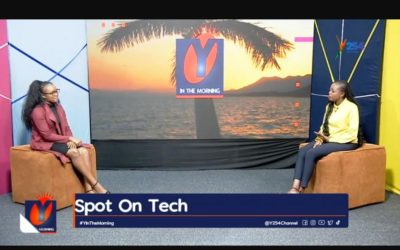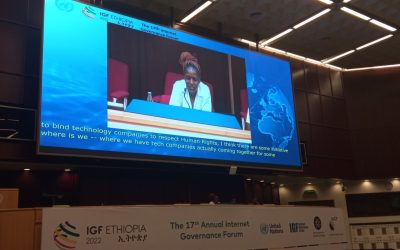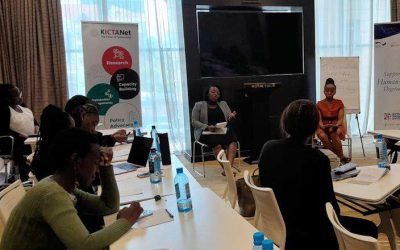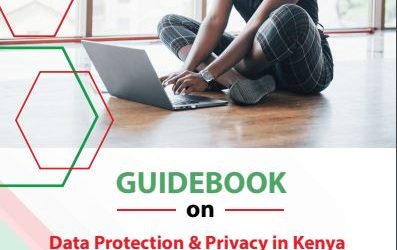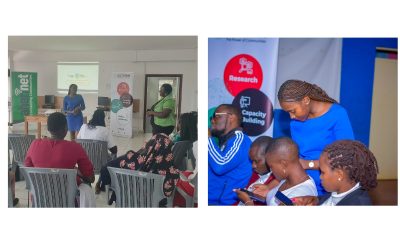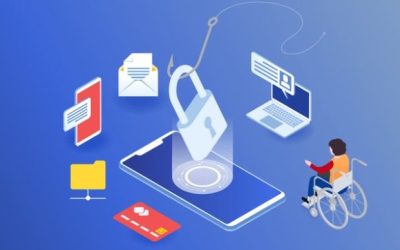Strengthening Gender in ICTs
How the Internet enables citizens to benefit from these opportunities is largely determined along gendered lines. The different forms of structural exclusions enabled and multiplied by the internet and other ICT platforms have widened equality gaps in multiple aspects of human life. Gender based violence, poor digital literacy and lack of awareness in cybersecurity has made women, in all their diversity, to be excluded from internet governance and economic spaces.
The Challenge
The Internet is increasingly becoming an important platform for economic activities, with online platforms rapidly mediating economic opportunities, social and political engagement. While the unprecedented growth of the digital economy in Kenya has helped to unlock opportunities across various sectors of the economy, this transformation has brought about myriad challenges, leading to questions about its ability to contribute to broad-based economic development for all Kenyans.
How the Internet enables citizens to benefit from these opportunities is largely determined along gendered lines. The different forms of structural exclusions enabled and multiplied by the internet and other ICT platforms have widened equality gaps in multiple aspects of human life. Gender based violence, poor digital literacy and lack of awareness in cybersecurity has made women, in all their diversity, to be excluded from internet governance and economic spaces.
Taking Action!
In response, KICTANet with support from its partners, is implementing various projects with gender and inclusion at the core. These projects are guided by KICTANet’s four pillars namely; policy advocacy, stakeholder engagement, capacity building, and research to create a more inclusive internet.
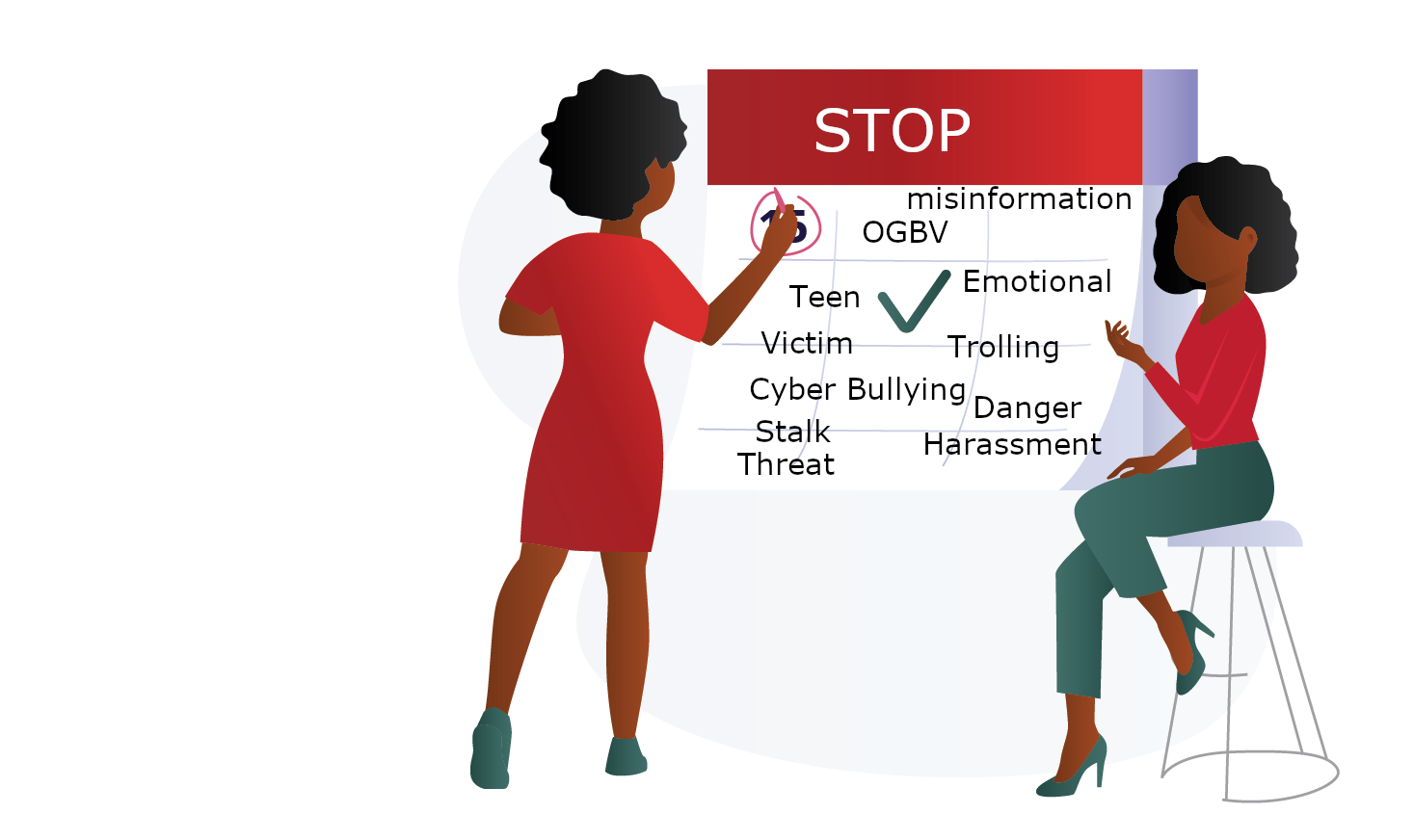
Strengthening Gender in ICTs
How the Internet enables citizens to benefit from these opportunities is largely determined along gendered lines. The different forms of structural exclusions enabled and multiplied by the internet and other ICT platforms have widened equality gaps in multiple aspects of human life. Gender based violence, poor digital literacy and lack of awareness in cybersecurity has made women, in all their diversity, to be excluded from internet governance and economic spaces.

Capacity Building
.

Policy Advocacy & Stakeholder Engagement
.
Research
.
Our Programs

Strengthening Women Safety Online
With support from GIZ, KICTANet implemented the “strengthening women’s safety online”. The Project focuses on women’s data protection and privacy concerns in Kenya and the development of the fifth module of the Digital Enquirer Kit on Online Gender Based Violence. For Swahili: Kupambana na Dhuluma za Kijinsia Mtandaoni – Digital Enquirer Kit
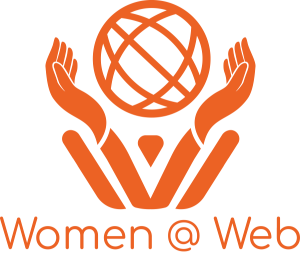
Women@Web
KICTANet is part of the women@web, a DW Akademie initiative with coalition members across five East African Countries. The network carries out annual regional campaigns on safe spaces online, while individual organisations hold capacity building and advocacy initiatives.
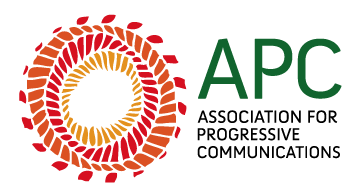
Our Voices Our Futures (OVOF)
Under this project, KICTANet is working with t he Association for progressive Communications (APC) and OVOF consortium members to amplify the voices of structurally silenced women and trans communities to increase their visibility, leading to women taking their rightful places in civic space and participating across these three key spaces online space, physical public space and legal and policy space.
Gender Equality Technology
International Women's Day (IWD) is a reminder of women's tenacity, obstacles, and accomplishments, as well as a great chance to envisage and strive for a gender-equal and inclusive future. The subject for this year is Innovation and technology for gender equality,...
Gender and the Machines
Everyone working in technology, digital rights, and Internet Governance can attest to how fast-moving the space is. This is because technology moves so fast, now is the time to talk about how that will impact our communities and countries. You will be left behind if...
KICTANet hosts a Roundtable Meeting on Gender and Data: The Role of ODPC in Women’s Data Protection
By Neema Mujesia KICTANet, with support from GIZ has been implementing a project to strengthen women’s online safety and data protection. As part of the project, KICTANet hosted a roundtable discussion on December 8, 2022, on the role of the Office of the Data...
KICTANet Guidebook on Data Protection and Privacy from a Gender Perspective
Kenya passed the Data Protection Act in 2019 to operationalise the right to privacy under Article 31 of the Constitution of Kenya, 2010. The Country is still trying to understand the ramifications of the Act in processing personal data and how to comply with the...
KICTANet conducts two Community of Practice Activities on OGBV and Women’s Data Protection and Privacy in Kakamega and Kisumu
Digital Enquire Kit module on OGBV On 16th November 2022, KICTANet conducted two community of practice workshops in Kisumu and Kakamega with 40 participants drawn from Community Based Organisations, human rights defenders, feminists, activists and journalists. We...
How Cyber-Safe Are People with Disabilities?
By Nicodemus Nyakundi How cyber-safe are people with disabilities? This is a question that few ask, but only a very few people are willing to answer. In some contexts, the term "safety" is said to be relative. Yet you and I know very well that it is a basic need when...

